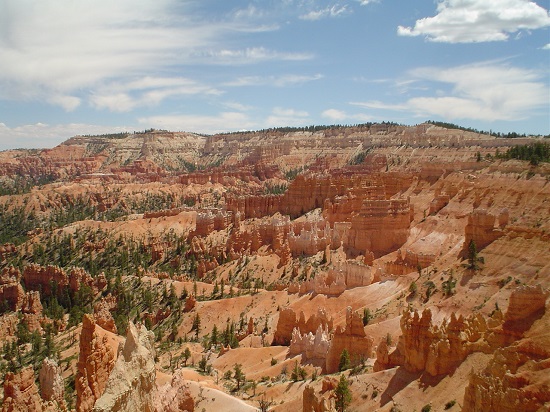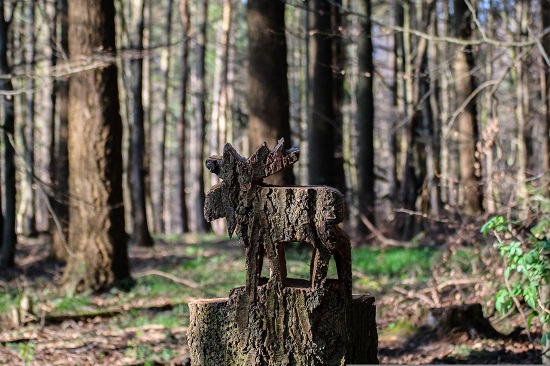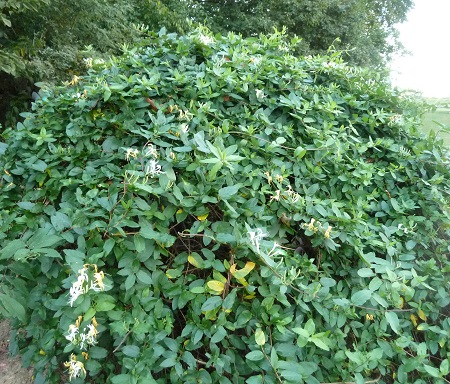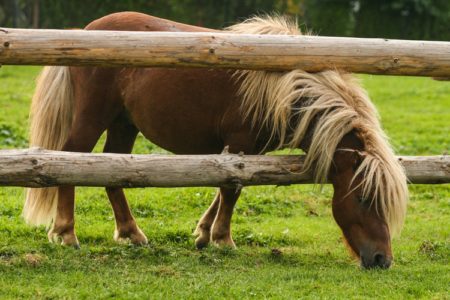Happy Camper
 What makes you a happy camper?
What makes you a happy camper?
- Vacations to national parks such as Bryce Canyon?
- Roasting marshmallows and making smores?
- Fishing at a local lake?
- Attending or remembering summer camps?
- Relaxing in the back yard after a hard day’s work?
If you are a happy camper, you are content.
You enjoy life or at least the moment.
Contentment may occur in two ways:
-
Based on circumstances: If everything goes as you wish, you are a happy camper. If circumstances don’t go your way, you are not.
-
Regardless of circumstances: You may have occasional unhappy moments. However, you usually remain satisfied whatever happens.
If you never learn to be content, you will never be a happy camper.
You will often feel:
- Angry
- Irritable
- Upset
- Displeased with everyone and everything
Let God’s joy fill you with contentment.
When you find joy in life, circumstances may not always make you feel happy. However, you can be a happy camper. You experience purpose and pleasure in all life’s ups and downs, You also share God’s joy with others.
“I know what it is to be in need, and I know what it is to have plenty. I have learned the secret of being content in any and every situation, whether well fed or hungry, whether living in plenty or in want “(Philippians 4:12 NIV).
Thanks to Carole Fite for the suggestion.
Do you have an expression you want explained or a thought about this one? If so, please comment below.
Subscribe to receive my weekly posts by email and receive a free copy of “Words of Hope for Days that Hurt.”
If you enjoyed this post, please share it with your friends.




 My parents and grandparents knew how to make do. So did many of their generation. They survived on what they had. If they had little, they lived on little. If they had more than enough, they saved for the future and shared with others.
My parents and grandparents knew how to make do. So did many of their generation. They survived on what they had. If they had little, they lived on little. If they had more than enough, they saved for the future and shared with others.